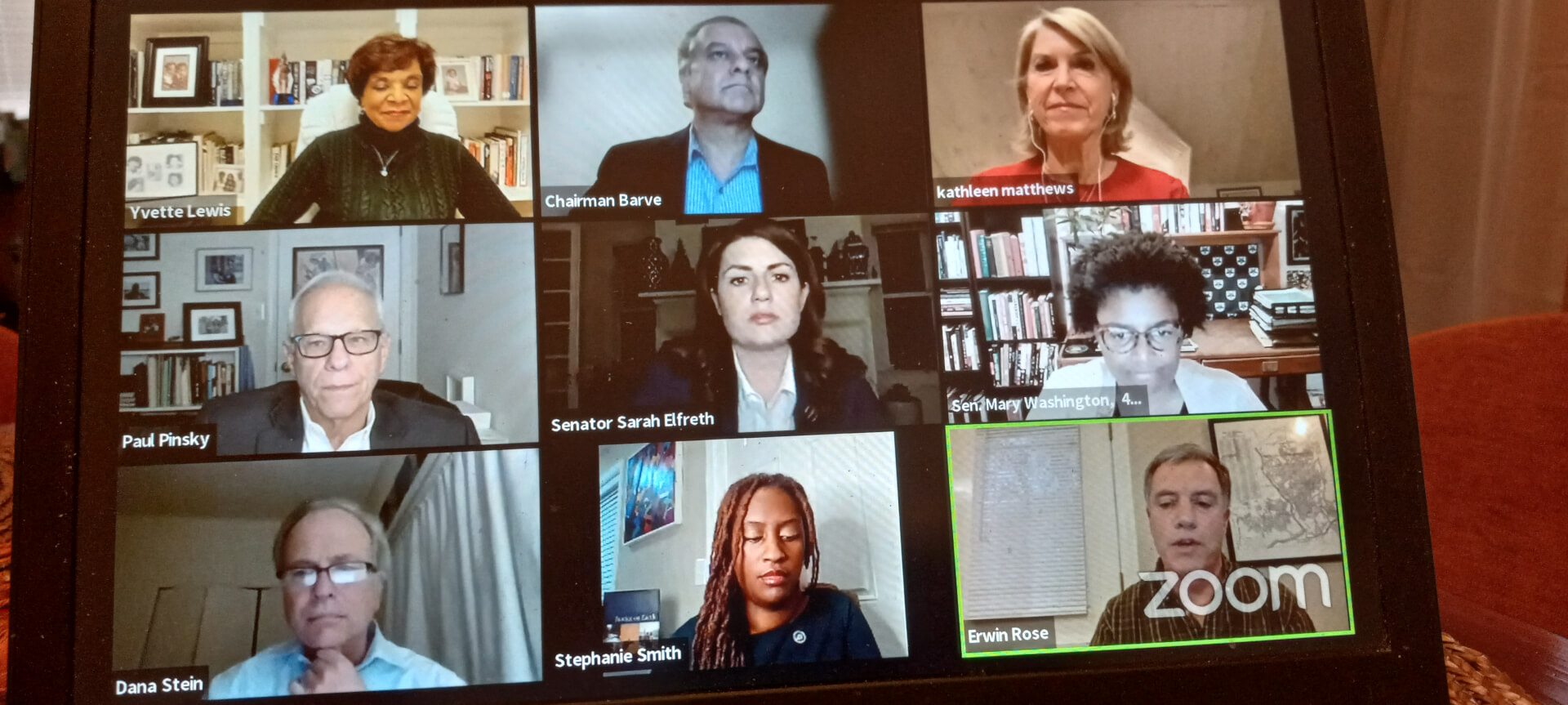Higher State Alcohol and Tobacco Taxes Work as a Public Health Tool: Report
A report released earlier this month found that Maryland tax increases on alcohol and cigarettes have led to decreased use of both products in the state – and improved health for Marylanders.
The report from the Abell Foundation said that increasing the sales and use tax rate for alcoholic beverages from 6 to 9 percent in 2011, and that raising the excise tax on a pack of cigarettes from $1 to $2 in 2008 improved public health since they went into effect.
Based in Baltimore, the Abell Foundation is a nonprofit organization focusing on “improving quality of life in Baltimore and Maryland. The study conducted by the organization was authored by Keshia Pollack Porter, a professor at the school of public health at Johns Hopkins University, Shannon Frattaroli, an associate professor at Hopkins, and Harpreet Pannu, a physician and independent consultant.

Keshia Pollack Porter, one of the report’s authors.
“As the price of alcohol increases, death and injury decrease generally, with specific declines in alcohol-related diseases, violence, traffic crashes, and crime,” the reported stated. Among the developments since the tax increase went into effect:
- Binge drinking by Maryland adults decreased; the 17 percent reduction seen in Maryland between 2011 and 2016 was greater than the 6 percent reduction nationally.
- Among Maryland high school students, between 2011 and 2015, there was a 26 percent reduction in the percentage of students who consumed alcohol in the preceding 30 days, a 28 percent reduction in binge drinking, and a 31 percent reduction in students riding in a vehicle operated by a driver who had been drinking alcohol.
- There was a decrease in motorists driving under the influence of alcohol and in sexually transmitted infections in Maryland.
Similarly, the report found that the higher cigarette tax led to an 87 million decrease in sales of cigarette packs from 2007 to 2015. That contributed to an overall decline in smoking – and the number of smokers has dropped every year since the tax increase went into effect, researchers reported:
- Smoking by Maryland adults decreased by 26 percent among current smokers between 2011 and 2016.
- Among Maryland high school students, there was a 47 percent reduction in students who reported smoking a cigarette in the preceding 30 days, as well as a decline in frequent smoking between 2007 and 2015.
“The findings prove that this type of legislation is an effective public health tool in Maryland,” said Terry Staudenmaier, senior program officer for health and human services at the Abell Foundation. She recommended that policymakers consider implementing tax increases to improve public health.
Researchers also recommend implementing tax increases to increase state revenue.
State revenue increased by about $70 million due to the increased alcohol tax and by $72 million as a result of the cigarette tax, the study found. In 2016, revenue from alcohol and cigarette sales totaled $623 million.
Increased state revenue allows more funding for health initiatives, the report suggested.
Revenue from the cigarette tax increase was used to expand Medicaid through the Small Business Health Care Coverage Act of 2007 and revenue from the alcohol tax increase was budgeted for programs tackling drug and alcohol addiction, development disabilities and mental health issues.
The reported concluded that spending of revenues as a result of taxes that improve public health should be transparent and that effective advocacy strategies should be used to “maximize public health gains through state policy.”



 Creative Commons Attribution
Creative Commons Attribution